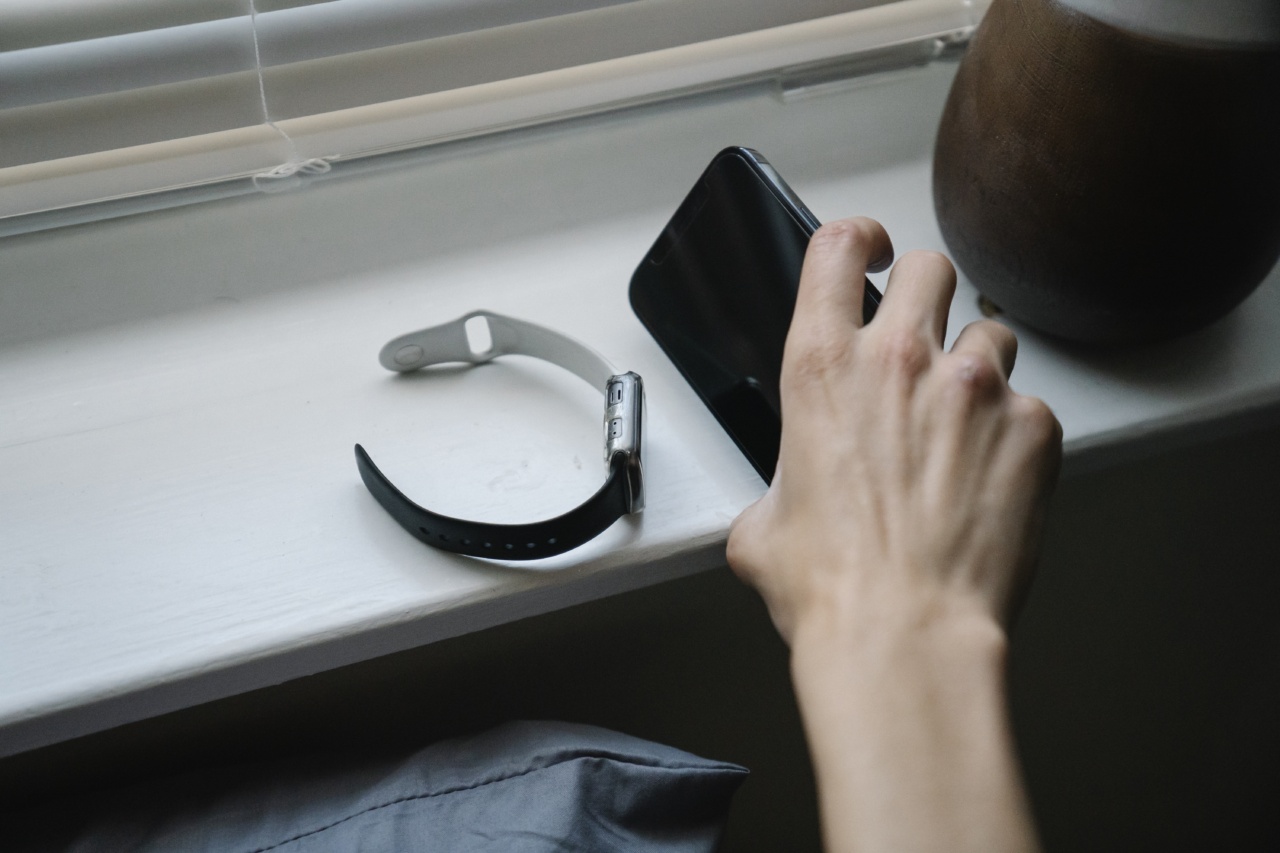Hypertension, also known as high blood pressure, affects millions of people worldwide. It is a chronic condition that requires careful management to prevent complications and maintain overall health.
While medication is often essential in controlling hypertension, it is equally important to consider the timing of taking these medications for optimal results.
The Basics of Hypertension Medication
Before diving into the best timing for taking hypertension meds, let’s understand the basics of these medications.
Most hypertension drugs work by relaxing blood vessels, reducing blood volume, or interfering with certain hormones that regulate blood pressure. Medications commonly prescribed for hypertension include ACE inhibitors, beta-blockers, diuretics, calcium channel blockers, and angiotensin receptor blockers.
Factors Affecting Medication Timing
Several factors can influence the timing of taking hypertension medications. It is crucial to consider these factors to ensure maximum effectiveness and minimal side effects.
Circadian Rhythm and Blood Pressure
Our bodies have an internal biological clock known as the circadian rhythm, which regulates various physiological processes, including blood pressure fluctuations. Blood pressure tends to be higher during the day and lower during the night.
Understanding this natural pattern can help determine the best time to take medication.
Morning versus Evening Dosing
Research suggests that the time of day when hypertension medications are taken can impact their efficacy. Two primary dosing strategies have emerged – morning dosing and evening dosing.
Morning Dosing
Many experts recommend taking hypertension medications in the morning, shortly after waking up. This aligns with the body’s natural rise in blood pressure upon awakening.
By taking medication in the morning, it can help control blood pressure during the day, when individuals are typically more active.
Evening Dosing
However, studies have indicated that evening dosing may be equally or even more effective in some cases. By taking medications in the evening, individuals can target the time when their blood pressure naturally rises in preparation for the next day.
Additionally, some studies have shown that evening dosing can provide better blood pressure control during sleep.
Individual Variations
It’s important to note that individual variations can influence the ideal timing of hypertension medications.
Factors such as age, overall health, lifestyle, and any other existing medical conditions can affect how an individual responds to various dosing strategies. Consultation with a healthcare professional is crucial to determine the most appropriate timing for medication intake.
Factors to Consider for Morning Dosing
For individuals opting for morning dosing, few factors should be considered:.
1. Medication Half-Life
The half-life of a medication refers to the time it takes for the concentration of the drug in the body to decrease by half. Some hypertension medications have shorter half-lives, requiring more frequent dosing to maintain desired blood pressure levels.
Understanding the medication’s half-life is important to ensure morning dosing aligns with its effectiveness.
2. Kidney Function
As kidneys play a role in filtering and eliminating medications from the body, their functionality is crucial for optimal drug clearance.
Morning dosing may be more suitable for individuals with normal kidney function, as it allows the medication to be adequately excreted throughout the day.
3. Side Effects
Some hypertension medications can cause side effects such as increased urination or drowsiness. Considering these potential side effects is essential when determining the best timing for medication intake.
Morning dosing may help minimize disturbances during sleep due to increased urination or excessive drowsiness.
Factors to Consider for Evening Dosing
When evening dosing is preferred, the following factors should be considered:.
1. Sleep Disturbances
For individuals who experience sleep disturbances due to nocturnal hypertension or related conditions, evening dosing may be beneficial.
By taking medications closer to bedtime, it can help control blood pressure during sleep and reduce the risk of nighttime complications.
2. Medication Duration
Some hypertension medications have longer durations of action, providing extended blood pressure control. Evening dosing may be more suitable for these medications, as they can ensure consistent coverage throughout the night and early morning hours.
3. Target Organ Protection
In certain cases, hypertension medications are prescribed with the aim of protecting specific organs, such as the heart, brain, or kidneys. Evidence suggests that organ damage often occurs during sleep due to heightened blood pressure.
By taking medications in the evening, individuals can target this critical period and potentially minimize organ damage.
Other Considerations
While the choice between morning and evening dosing is essential, there are other considerations to keep in mind:.
1. Adherence to Medication Schedule
Regardless of the chosen timing, adherence to the prescribed medication schedule is paramount. Taking medications consistently and as directed by a healthcare professional ensures optimal blood pressure control and reduces the risk of complications.
2. Lifestyle Factors
Individuals should consider their lifestyle and daily routines when deciding on the best time to take hypertension medication.
Factors such as work schedules, meal times, and other medication schedules should be taken into account to ensure convenience and consistency in medication intake.
Conclusion
Taking hypertension medications at the right time plays a crucial role in managing blood pressure effectively. While morning dosing aligns with the body’s natural blood pressure rise, evening dosing may provide extended protection during sleep.
The optimal timing may vary among individuals, and consultation with a healthcare professional is vital in determining the most suitable dosing strategy. Adhering to the prescribed medication schedule and considering lifestyle factors are equally important in achieving optimal blood pressure control and overall well-being.




























